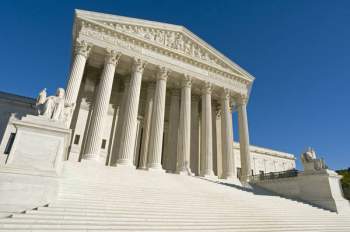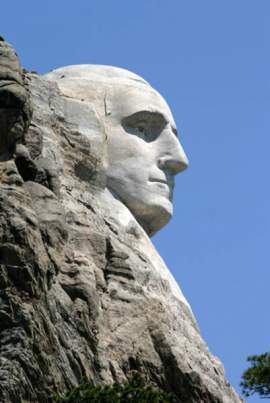
Understanding Congress Legislative Power

Popular In Constitution
Purpose Of Lifetime Appointment And Pros And Cons Enumerated Powers Bicameral Legislature Background Article 3 Of The Constitution We The People 1st Amendment Who Wrote The Constitution Judicial Review Equal Protection Clause 5th Amendment 10th Amendment Three Fifths Compromise
The United States Constitution grants all legislative powers to Congress in Article I, Section I, in what is commonly refer toas the "Vesting Clause." The "Vesting Clause" exists also in Articles II and III, in which it also delegates the specific powers that are to be granted to other branches of Government: the executive branch and judicial branch.
The "Vesting Clause" in the Constitution found in Article I, Section I states: "All legislative Powers herein granted shall be vested in a Congress of the United States, which shall consist of a Senate and House of Representatives." The language of the text essentially grants all of the legislative authority of the Federal Government to the United States Congress. The importance of the "Vesting Clause" being employed in the United States Constitution is that it provides for separation of powers by giving each branch of the Government specific powers and authority restricted to that particular branch. That is to say, that the legislative powers given to Congress cannot be exercised or employed by the President because he pertains to the executive branch.
However, the "Vesting Clause" dictates that the powers granted under Article I of the Constitution are exclusive to Congress. The vesting clauses found in the other two articles do not include the words "herein granted," which enumerates the powers and authoritative provisions in Article I. The other branches of Government are not explicitly restricted by the text and are open to exercise certain "implied" powers that may fall under their jurisdiction.
However, Congress has employed a power that was
not strictly enumerated in the Constitution, which is investigations. The
Supreme Court has long ago validated and affirmed these powers as a contingency
of Congress' legislative powers. It is important to note that such
investigations are limited to the realm of legislative functions. Congress cannot
simply undertake an investigation or compel for cooperation in an investigation
simply for the purpose of uncovering information at random. Investigations by
Congress are to be bound within their legislative powers and authority. This
prevents Congress from overstepping its boundaries and journeying out of its
imposed jurisdiction because it would violate the doctrine of separation of
powers.
On the other hand, the courts have provided for quite a broad interpretation of Congress' powers for investigation. The question of whether Congress is involved in an investigation for ulterior motives would not be questioned by the courts. The only concern of the courts would be to determine if such investigation is within the realm of Congress' authority of power and regulation.
All those required to cooperate with a Congress investigation are liable to be punished by law if refusal is given. Under the Constitution, Congress has the authority to levy a punishment of contempt to those who refuse cooperation with a Congressional investigation. All those participating in such investigations are protected by the Constitution and are guaranteed the rights as found under the Bill of Rights.
NEXT: What You Need to Know About Article 1



















